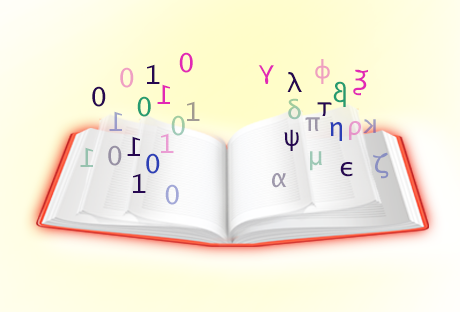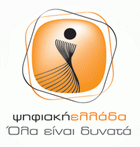Mobile technologies applied through a variation of devices ranging from smart phones, netbooks and tablets, are developing quite fast and are expanding continuously. Users and media consumers interact increasingly nowadays which such devices, whose inbuilt functions and services are continuously developing and advancing. Based on this fact, this paper deals with the process, analysis, results and implications of a card-sorting usability study. The study has been conducted in order to investigate user-behavior during the design of a mobile tablet application for inexperienced users, focused on the topic of "first aid". Card sorting is a participant-based knowledge elicitation technique for grouping information into categorical domains. Through our study we have identified nine categories of cards and three cards were used by a small percentage of users. The categories presented indications of grouping by shared words and task. Differences in grouping were probably due to various mental representations on the part of users. Novices tend to group cards in one level without sub-groupings. Participants made many suggestions regarding possible new content.








